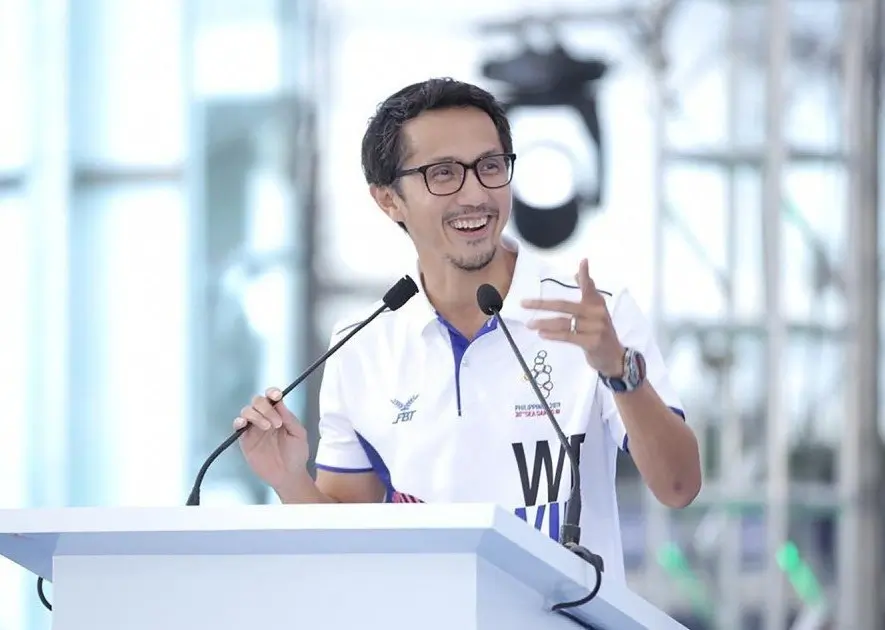
A look at how tech-savvy Filipino youth are challenging pro-Duterte disinformation and reshaping the fight for truth online.
The Duterte administration, long known for its aggressive social media tactics, continues through its remnants to flood the Philippine online space with misleading narratives and outright falsehoods. The so-called DDS (Duterte Diehard Supporters) propaganda machine, which was instrumental in shaping public perception of Rodrigo Duterte’s presidency, remains active long after his departure from office. However, there is growing resistance among young Filipinos who refuse to accept the manufactured image of Duterte as a great leader. Armed with critical thinking and digital literacy, these young fact-checkers are systematically dismantling the slanted spin espoused by Duterte loyalists.
The Tactics of the DDS Propaganda Network
The DDS online network employs a variety of tactics to manipulate public opinion. Among these are:
Historical Revisionism – Pro-Duterte pages frequently rewrite history, portraying his presidency as a “golden age” of economic growth and peace while conveniently ignoring his administration’s failures, including a crumbling economy, rising debt, and international condemnation over human rights abuses.
Fake News and Disinformation – Taking a cue from Russian and Chinese government activities aimed at their American and Western adversaries, DDS troll farms and fake accounts are used to spread fabricated stories, often vilifying opposition figures and inflating Duterte’s supposed achievements.
Echo Chambers and Algorithm Manipulation – Pro-Duterte influencers exploit social media algorithms to amplify their content, ensuring that misleading narratives are repeatedly pushed to susceptible audiences.
Smear Campaigns Against Dissenters – Journalists, opposition leaders, and ordinary citizens who criticize Duterte are often the targets of cyber harassment, red-tagging (labeling someone a communist sympathizer or militant), and doxxing.
The Rise of the Digital Resistance
While these disinformation efforts once seemed unstoppable, a new wave of young, internet-savvy Filipinos has emerged to counteract the DDS narrative. Many of these individuals belong to Generation Z and millennials, who have grown up with technology and are well-equipped to navigate digital landscapes with a skeptical eye.
Several key factors contribute to this pushback:
Fact-Checking Initiatives – Independent fact-checking organizations such as Rappler’s #FactCheck, Vera Files, and the Philippine media’s collaborative Tsek.ph project have been instrumental in debunking DDS propaganda.
Social Media Awareness Campaigns – Online influencers and educators are actively promoting media literacy, teaching Filipinos how to identify disinformation and verify sources.
Youth-Driven Activism – Young Filipinos are engaging in conversations about historical truth and governance, ensuring that Duterte’s legacy is scrutinized rather than blindly accepted.
Alternative Platforms for Discourse – While Facebook and YouTube remain battlegrounds for propaganda, platforms like X, Reddit, and TikTok have become spaces where young people share evidence-based discussions challenging DDS narratives.
Why This Matters for the Future of the Philippines
The battle against disinformation is not just about setting the record straight on Duterte’s presidency; it is about safeguarding Philippine democracy. The success of the DDS propaganda machine during Duterte’s reign was a wake-up call about the dangers of unchecked online manipulation. If left unchallenged, such disinformation tactics could be weaponized in future elections, further undermining informed decision-making among voters.
However, the active resistance of young Filipinos offers hope. By promoting digital literacy, demanding accountability, and embracing the responsibility of truth-telling, they are reshaping the online discourse in the Philippines. In doing so, they are proving that propaganda may have power, but truth—when armed with knowledge and conviction—can ultimately prevail.
The fight is far from over, but one thing is clear: the era of blind acceptance of DDS propaganda is crumbling, thanks to a new generation unwilling to be deceived. Or, as my millennial daughter says to me, “It ain’t cool to be wrong on the internet, Dad”.


